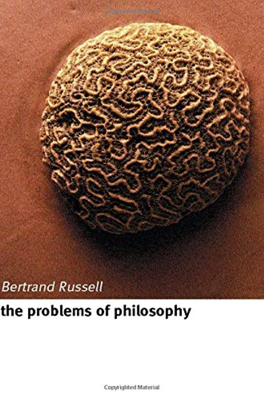Truth and Falsehood
Bertrand Russell delves into the nature of truth and falsehood, distinguishing them from our knowledge of things. While our acquaintance with objects or experiences cannot be deceptive, our beliefs about them can be false or true. This discrepancy arises because beliefs can align or misalign with objective facts independent of our perception. Russell outlines three key requisites for understanding truth:
A theory of truth must allow for its opposite, falsehood. Many philosophers struggle with this, constructing theories where all our thinking ought to be true, which oversimplifies the complexity of human belief where error is a natural occurrence.
Truth and falsehood relate specifically to beliefs and statements. A world devoid of sentient beings, for instance, would contain no falsehoods or truths in the way humans understand them because there would be no beliefs or statements about the facts of that world.
The correspondence theory of truth states that the truth or falsehood of a belief depends on something external to the belief itself. For example, the belief that "Charles I died on the scaffold" is true due to historical events, not because of any inherent quality of the belief itself.
Russell addresses the coherence theory of truth, which claims that truth consists of a belief's coherence within a body of other beliefs. However, he critiques this theory for its lack of exclusivity and dependence on the laws of logic, which in themselves cannot be coherently challenged without collapsing into absurdity. Consequently, coherence cannot definitively establish truth, although it remains a critical test for verifying what we already accept as truth.
Returning to the correspondence theory, Russell explains that true beliefs correspond to an external reality—specifically, to a "fact." Beliefs integrate the mind of the believer with several other elements (the belief's 'objects'), and true beliefs align these elements into a coherent whole that corresponds with an external reality. Conversely, false beliefs fail to align correctly with external facts.
Russell concludes that whether a belief is true or false is determined extrinsically by the corresponding objects and events external to the believer's mind. Thus, while minds generate beliefs, they cannot intrinsically determine the truthfulness of these beliefs, except in cases affecting future occurrences within the believer's control.
The exploration of how to ascertain the truth or falsehood of beliefs is left for subsequent discussions, emphasizing a move towards practical applications of these philosophical insights.
